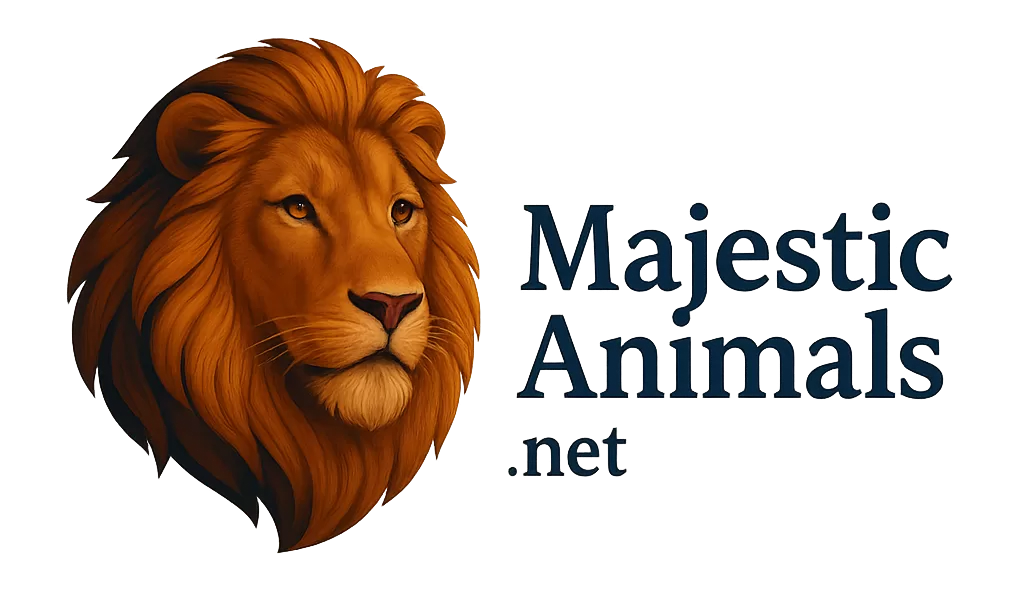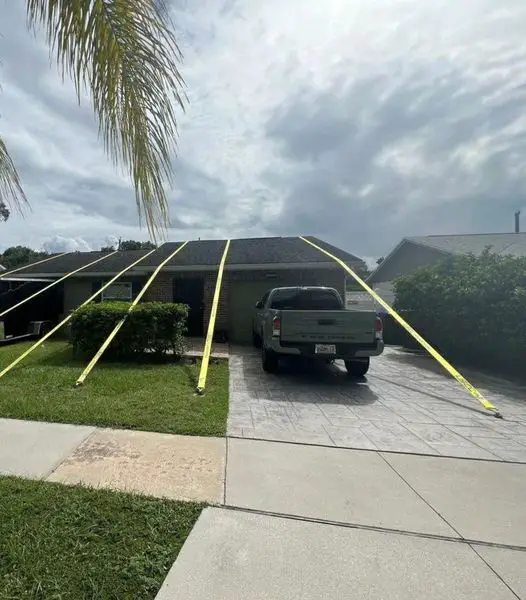
Amid the devastating bushfires that hit Australia in the last months, at least one billion animals have wiped out. Though tens of thousands have managed to survive, they’re trapped in the affected areas, starving to death.

Days ago, the authorities in New South Wales started the “Operation Rock Wallaby” – a program meant to help those animals. Using the aircraft, the NSW National Parks and Wildlife Service has managed to drop around 5,000 pounds of fresh vegetables (carrots and sweet potatoes) to feed the helpless creatures.

“The wallabies typically survive the fire itself, but are then left stranded with limited natural food as the fire takes out the vegetation around their rocky habitat,” Matt Kean, environment minister for New South Wales told MailOnline. They [the wallabies] were already under stress from the ongoing drought, making survival challenging for the wallabies without assistance.
Operation Rock Wallaby 🦘- #NPWS staff today dropped thousands of kgs of food (Mostly sweet potato and carrots) for our Brush-tailed Rock-wallaby colonies across NSW 🥕🥕 #bushfires pic.twitter.com/ZBN0MSLZei
— Matt Kean MP (@Matt_KeanMP) January 11, 2020
The NSW official also said they’re trying to keep an eye on the wildlife that managed to survive the wildfires. “When we can, we are also setting up cameras to monitor the uptake of the food and the number and variety of animals there,” he said.

The feeding program was more than necessary given the magnitude of the recent events. Entire species have already disappeared due to the bushfire crisis. During a press conference, Lyn White – spokeswoman for Animals Australia said: “With roads likely shut for weeks, the risk of starvation for surviving wildlife in the area is very real. It would be tragic if there was a further loss of life because the needs of surviving animals was not being met.”
One happy customer 🦘🥕🥕🥕🥕#operationrockwallaby #AustralianFires pic.twitter.com/wtzMgeaX6D
— Matt Kean MP (@Matt_KeanMP) January 11, 2020
According to the World Wildlife Fund Australia, the most affected species of the recent blaze are koalas, kangaroo or wallabies. “This heart-breaking loss includes thousands of precious koalas on the mid-north coast of NSW, along with other iconic species such as kangaroos, wallabies, gliders, potoroos, cockatoos and honeyeaters, the WWF Australia CEO Dermot O’Gorman told in a statement.
Unfortunately, a sky-rocketing number of animals have gone amid the blaze, but many have been rescued thanks to the involvement and bravery of the Australian people!



